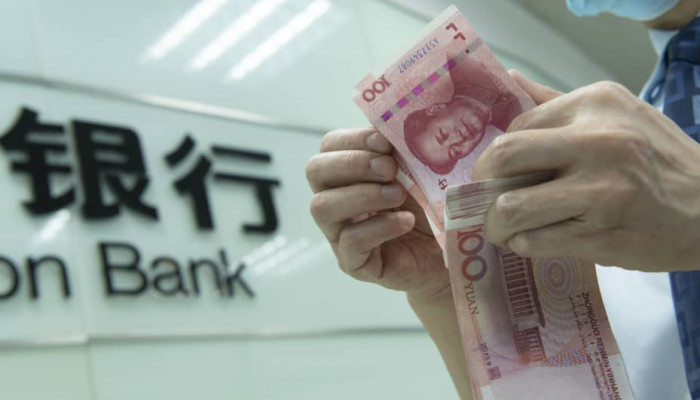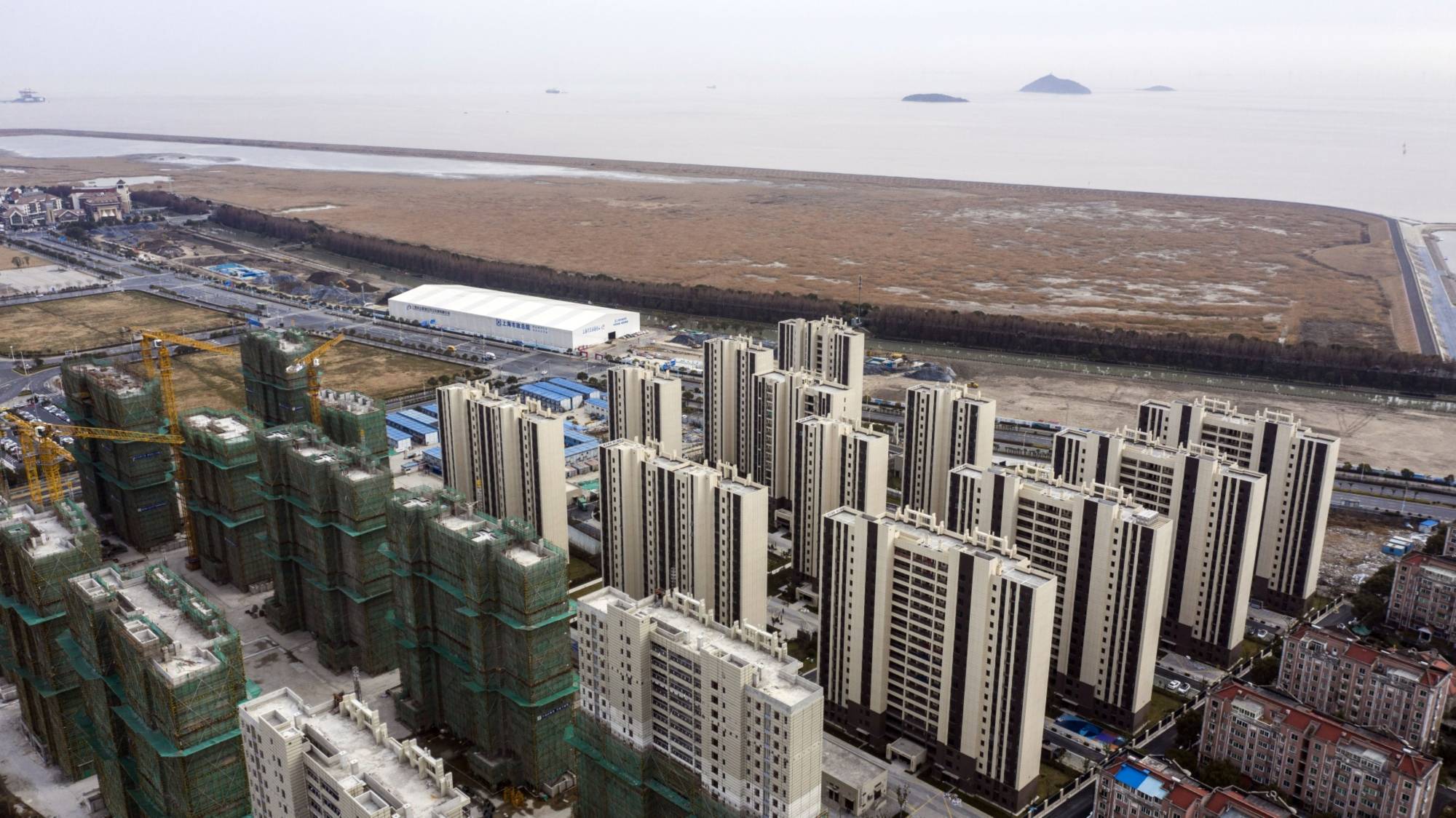Country Garden’s Looming Default And The Fragile State of China’s Property Market Woes Continue
China's largest private property developer, Country Garden, is standing on the precipice of default, with its entire offshore debt at risk. Failure to make a $15 million coupon payment by the end of a 30-day grace period could have far-reaching consequences, triggering cross defaults in other bonds, as is typical in bond contracts. This development has once again spotlighted the challenges private-sector property developers face in a sector that has been mired in crisis since policymakers began cracking down on debt levels in 2021. As these events unfold, it becomes clear that the effects of Country Garden's financial turmoil extend beyond its own doors, reflecting the broader issues haunting China's real estate market.

Country Garden, China’s largest private property developer, if it fails to make a $15 million coupon payment by the end of a 30-day grace period on Tuesday, its entire offshore debt will be declared in default.
Thus, the non-payment would trigger cross defaults in other bonds, as stipulated in bond contracts; Country Garden had previously warned about its inability to meet offshore debt obligations, making it the latest in a series of Chinese developers facing default.

The situation spotlights the multitude of challenges currently faced by private-sector developers in China’s property market.
As of noon on Tuesday, a Country Garden bondholder reported that no payment had been made; with nearly $11 billion in offshore bonds and $6 billion in offshore loans, a default by Country Garden could lead to one of China’s most significant corporate debt restructurings.
Investors’ nervousness about the property sector crisis was highlighted when Gemdale, another major property developer, saw a sharp decline in its stocks and bonds after the resignation of its chairman.
Although Gemdale cited health reasons for the departure, investors, concerned about the broader issues in the sector, rushed to sell its securities.
To date, Chinese developers responsible for 40% of the country’s home sales have defaulted on their debt obligations since 2021, according to JPMorgan.
CreditSights data shows that Chinese developers have defaulted on more than $114.6 billion of the $175 billion in outstanding dollar bonds since 2021.
As more developers move towards debt restructuring, offshore creditors are expected to face less favourable terms due to the worsening outlook for China’s real estate sector.
Country Garden has enlisted the services of Houlihan Lokey, China International Capital Corporation (CICC), and law firm Sidley Austin to assess its capital structure, liquidity position, and devise a comprehensive solution.

China’s Continued Efforts
In recent months, China has implemented various support measures to revitalize its beleaguered property sector, which accounts for a quarter of the country’s economy.
However, analysts believe that these measures may not be sufficient to turn the sector around anytime soon. Observers are closely monitoring industry data to be released this week to gauge the impact of these steps. Property sales by floor area are due on Wednesday, and nationwide prices of new homes for September will be released on Thursday.
China has taken several recent measures for the sector, which accounts for roughly a quarter of the world’s second-largest economy.
Sept. 14 – China’s central bank said it would cut the amount of cash that banks must hold as reserves for the second time this year to boost liquidity.
Sept 1. – China is set to take further action, sources said; proposed measures include lifting home-purchasing curbs in non-core districts of major cities such as Beijing, Shanghai and Shenzhen and gradually removing price caps on new homes.
Aug. 31 – China’s central bank and financial regulator ease some borrowing rules for homebuyers, including lowering existing mortgage rates for first-home buyers and the down payment ratio in some cities.
Aug. 30-Sept. – Major Chinese cities say they will allow people to take preferential loans for first-home purchases regardless of their credit record.
Aug. 25 – Local governments are permitted to scrap a mortgage rule so that people who have bought a home but then sold it having repaid their mortgage, can get preferential loans as first-time homebuyers, according to state media Xinhua.
Aug. 25 – China’s cabinet approved guidelines for the planning and construction of affordable housing.
Aug. 21 – China cut its one-year benchmark lending rate.
July 24 – China’s top leaders held a Politburo meeting and omitted the phrase “housing for living, not for speculation” in the official readout.
July 21 – The cabinet approved guidelines on transforming “urban villages” or underdeveloped areas in megacities, which will help underpin property investment.
July 10 – China’s central bank extended until the end of 2024 some policies in a November rescue package to shore up the real estate sector.
June 20– China’s central bank cut its key lending benchmarks, or loan prime rates (LPRs), for the first time in 10 months.
The Last Bit,
Country Garden’s potential default indicates the tumultuous state of China’s property market.
The crisis in the sector has seen many developers grappling with insurmountable debt, with consequences that ripple far and wide.
As offshore creditors brace for less favourable terms amid the worsening outlook, China’s property market faces an uncertain future.
Although the Chinese government has taken a slew of policies and measures and has tried to stabilize the sector, but the effectiveness of these interventions remains in question.
The coming days will be crucial, as industry data releases will shed light on whether these efforts have made any significant impact on the troubled real estate landscape.
In the meantime, the fate of Country Garden serves as an example of the challenges faced by developers and the fragility of the property market in the world’s second-largest economy.




